
In this article we will show you what causes a heart attack, what are the most common heart attack symptoms or heart attack signs and how you can avoid this silent killer.
First watch this short video. It explains how and why a heart attack is caused.
Heart Attack | Heart Attack Symptoms | Heart Attack Signs
Heart Attack | Heart Attack Symptoms | Heart Attack Signs LIST
Next is a list of the most common or typical heart attack symptoms. Be familiar with this list. If someone complains of any of these symptoms, you would be able to recognise it. The earlier you detect the symptoms, the sooner you can get medical help. A few minutes can literally save lives.
Typical heart attack symptoms
| Symptom | Description |
|---|---|
| Chest discomfort or pain | This discomfort or pain can feel like a tight ache, pressure, fullness or squeezing in the center of your chest lasting more than a few minutes. This discomfort may come and go. |
| Upper body pain | Pain or discomfort may spread beyond your chest to your shoulders, arms, back, neck, teeth or jaw. You may have upper body pain with no chest discomfort. |
| Stomach pain | Pain may extend downward into your abdominal area and may feel like heartburn. |
| Shortness of breath | You may pant for breath or try to take in deep breaths. This often occurs before you develop chest discomfort or you may not experience any chest discomfort. |
| Anxiety | You may feel a sense of doom or feel as if you’re having a panic attack for no apparent reason. |
| Lightheadedness | In addition to chest pressure, you may feel dizzy or feel like you might pass out. |
| Sweating | You may suddenly break into a sweat with cold, clammy skin. |
| Nausea and vomiting | You may feel sick to your stomach or vomit. |
Here is a visual picture of the usual heart attack signs in men:
Here are some statistics on early heart attack symptoms in women:
With heart attacks, PREVENTION is better than cure
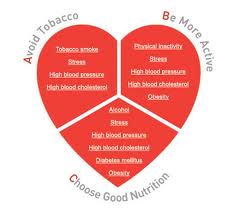 The risk of a recurrent heart attacks decreases with strict blood pressure management and lifestyle changes. Stop smoking. Do regular exercise. Have a sensible diet. Limit your alcohol intake. People are usually commenced on several long-term medications post-MI, with the aim of preventing secondary cardiovascular events such as further myocardial infarctions, congestive heart failure or cerebrovascular accident (CVA).
The risk of a recurrent heart attacks decreases with strict blood pressure management and lifestyle changes. Stop smoking. Do regular exercise. Have a sensible diet. Limit your alcohol intake. People are usually commenced on several long-term medications post-MI, with the aim of preventing secondary cardiovascular events such as further myocardial infarctions, congestive heart failure or cerebrovascular accident (CVA).
70% of all heart attacks are dietary related
To learn more about the best nutritional supplements to avoid the risk of heart attacks, click HERE (<–click)
If you found this article on Heart Attack | Heart Attack Symptoms | Heart Attack Signs valuable, please “Like” and “Share” so that we can spread the message of prevention. If you or someone close to you have been personally affected by heart disease, please feel free to comment below and share your experience for the benefit of our readers.
Tags: heart attack, heart attack nutrition, heart attack prevention, heart attack signs, heart attack symptoms, heart health
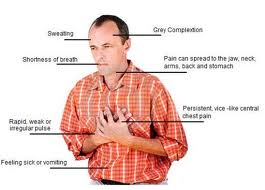
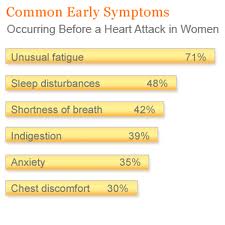

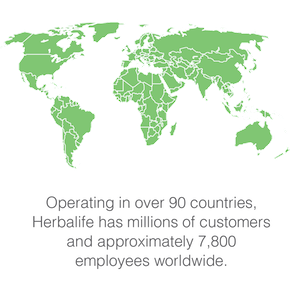
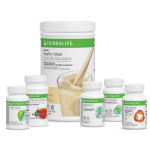


Leave A Reply (1 comment so far)